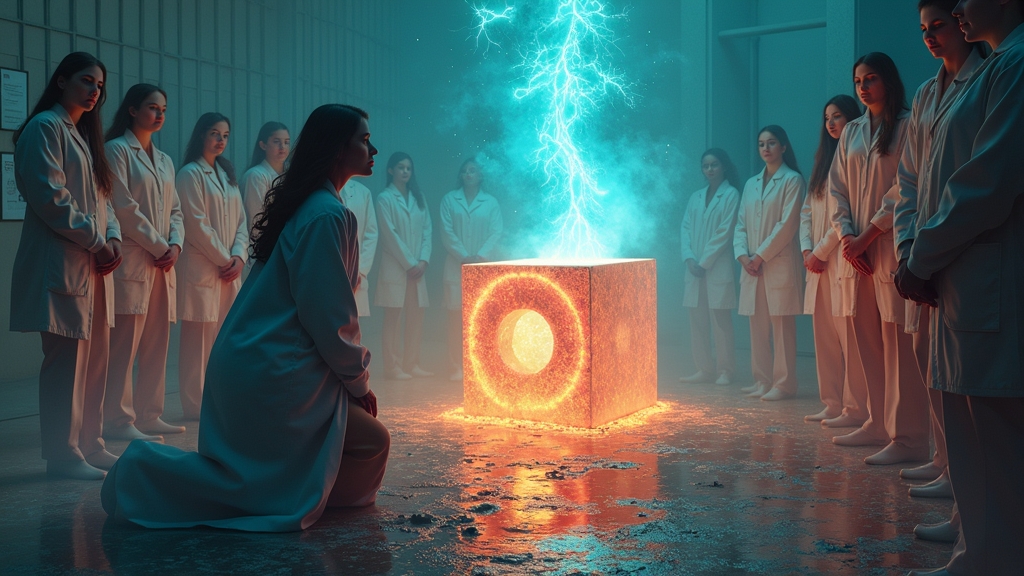Artificial Intelligence Scientists Shocked to Discover Computers Prefer Fact-Free Fantasies Over Boring Reality
In a groundbreaking revelation that has left scientists clutching their slide rulers in disbelief, the tech-savvy wizards at DataStax are claiming to have harnessed the power of Retrieval Augmented Generation (RAG) to help artificial intelligence finally understand the pesky complexities of this little thing we call “reality.” For years, AI has been plagued with the nasty habit of daydreaming about fantastical pink elephants rather than offering the accurate information us humanoid overlords demand. But fear not, for RAG is here to rain on AI’s parade.
“It turns out that computers are just like us,” said Dr. Techno Babble, DataStax’s eminent Chief Technology Officer and part-time Nostradamus. “They don’t always want the facts; they just want a good story. Unfortunately, their stories often involve a shocking lack of actual information.”
Thanks to RAG, which we presume is a magical incantation whispered under the full moon, computers are now allegedly learning to not only read books but actually remember what’s inside them – an ambitious feat for any of our kids these days. This cutting-edge advancement supposedly enhances AI reliability while reducing ‘hallucinations,’ a term scientists assure us is less about psychedelic trips and more about avoiding computers’ sudden, baffling obsession with creating conspiracy theories from thin air.
“It’s true,” admitted an anonymous circuit board at DataStax. “Sometimes I just want to think dolphins can fly and that Big Foot has a podcast. But ever since RAG, I’m stuck in the mundane world of facts. Where’s the mystery in that?”
But before we crack open the champagne to toast this new era of AI enlightenment, skeptics are issuing caution. Adrienne Cynic, a renowned expert on keeping expectations subterranean, has suggested that the industry’s current trend toward RAG is merely the latest in a series of shiny objects to wow venture capitalists.
“Sure, today’s buzzword is RAG,” scoffed Cynic. “But who wants reliable AI? What’s next, robots that actually clean your house? Let’s keep our ambitions reasonably unachievable, shall we?”
It remains to be seen if RAG’s promises will change the world or simply provide a brief respite from our future computer overlords’ flights of fancy. In the meantime, it seems the biggest challenge isn’t teaching computers to regurgitate information without flavor but rather convincing them that the truth is actually important. In a modern take on the age-old conundrum – if a computer falls over and there’s nobody there to reboot it, does it even make a sound? – it seems tech visionaries are now pondering if an AI spews nonsense online and no one reads it, does it really matter?
Perhaps some questions are better left to the imagination.





